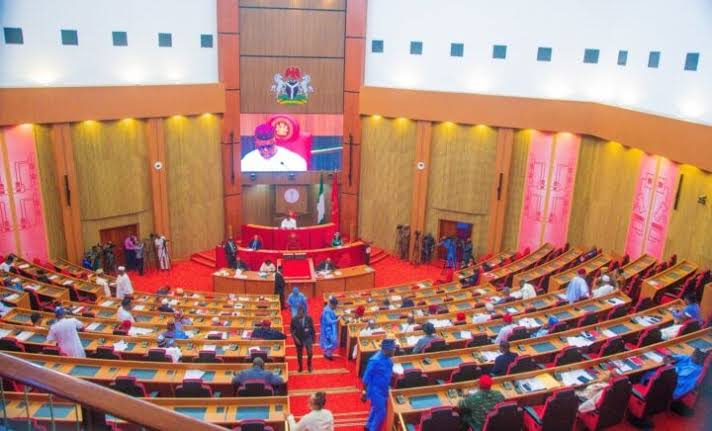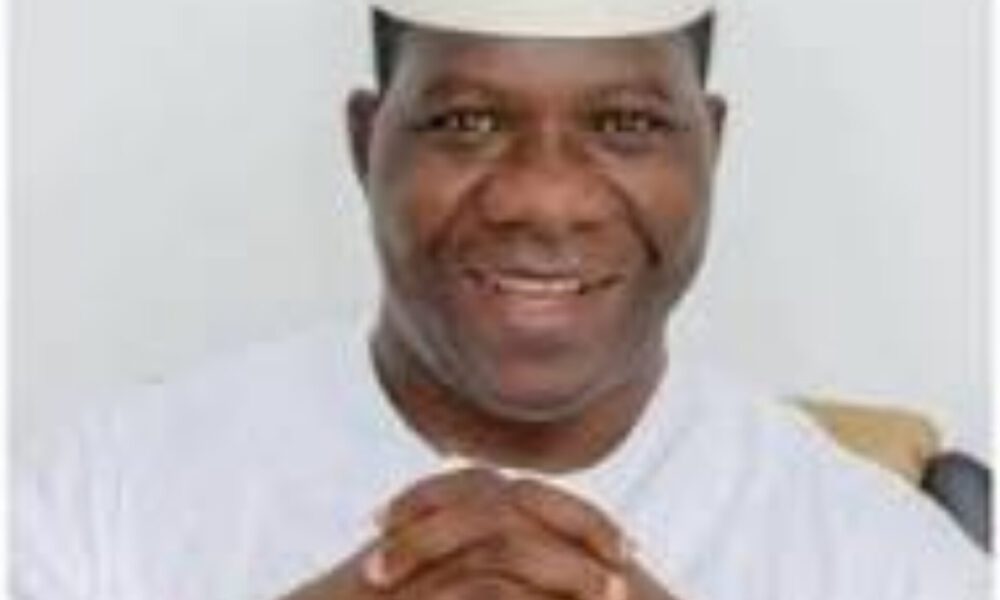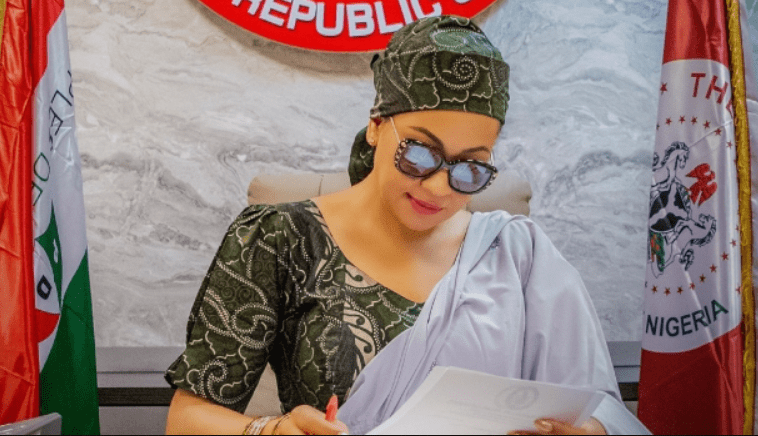The Nigerian Senate has admitted a procedural oversight in its resolution advising President Bola Tinubu to remove Danladi Umar, Chairman of the Code of Conduct Tribunal (CCT), over allegations of corruption and misconduct. Despite the correction, the Senate affirmed the validity of its recommendation.
Last Wednesday, the Senate, led by Majority Leader Opeyemi Bamidele, mistakenly invoked Section 157(1) of the Nigerian Constitution, which pertains to the removal of specific public officials, excluding the CCT chairman.
During Tuesday’s plenary, Bamidele acknowledged the error, clarifying that the correct legal provisions are Section 17(3) of the Nigerian Constitution and Section 22(3) of the Code of Conduct Bureau and Tribunal Act of 2004.
Bamidele explained that these sections require a two-thirds majority approval from both the Senate and the House of Representatives to advise the President on the removal of certain public officials.
He urged the Senate to correct the resolution for it to have legal effect.

“The Senate erroneously relied on Section 157(1), which is inapplicable in this case. To ensure legal compliance, we must invoke the proper provisions,” Bamidele stated.
The Senate unanimously approved the correction, and the resolution, now aligned with legal requirements, continues to urge President Tinubu to remove Umar. Allegations against Umar include corruption and misconduct, which the Senate asserts must be addressed to uphold public trust.
This correction underscores the Senate’s commitment to due process and the rule of law while maintaining its stance on accountability in public office.



